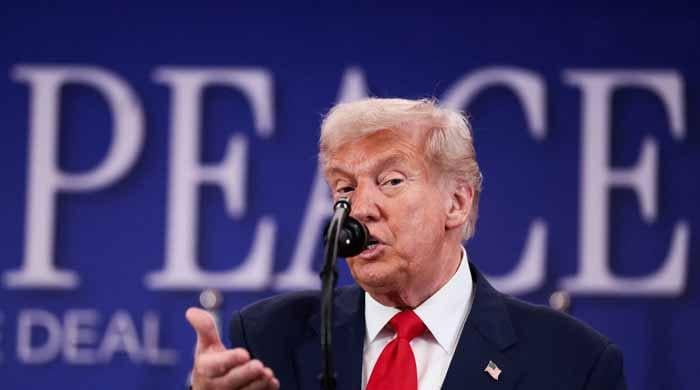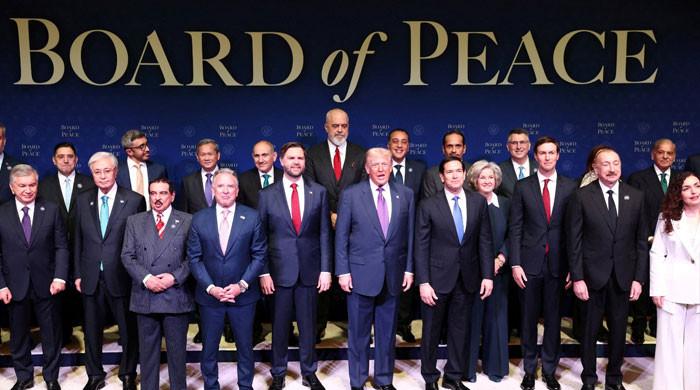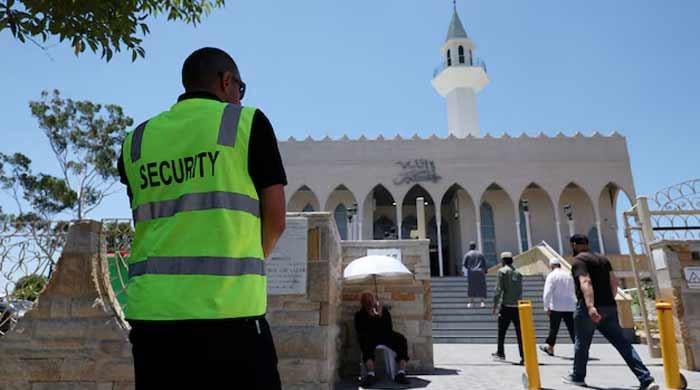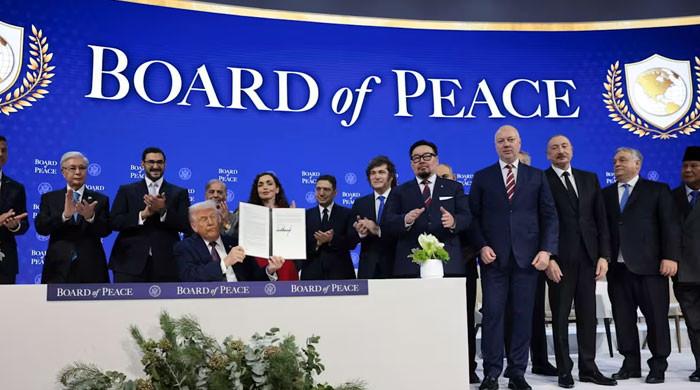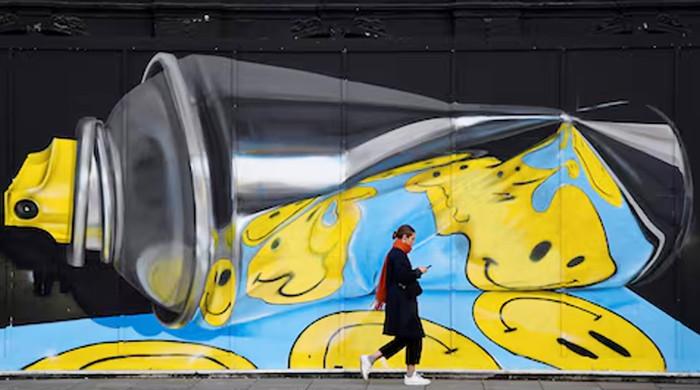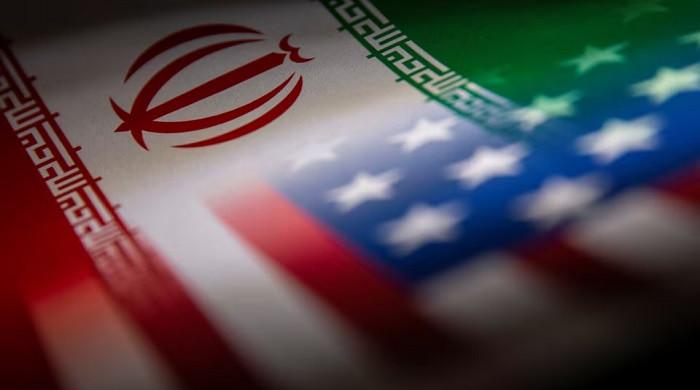Can Trump become US president again despite conviction?
Trump denies all the cases filed against him and has labelled them as a "witch hunt"
March 21, 2023
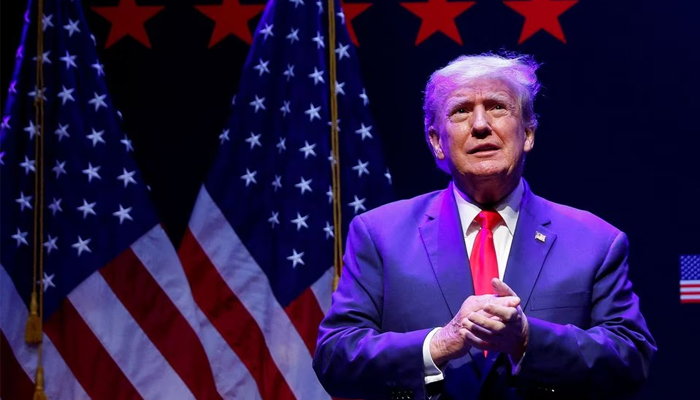
Donald Trump can still be elected as the president, once again, despite indictment in any of the cases he’s facing, however, there are reasons which could challenge it, legal experts told ABC News.
The former president said to stay in as the candidate for the US presidency even though the criminal charges prove against him. He said he would not leave the race which will perhaps give a boost in a number of his supporters.
Jack Smith is the special counsel, currently investigating Trump's role in the US Capitol Hill attack on January 6, 2020 alongside handling classified information after his departure from Oval Office.
An investigation is also underway by prosecutors in Fulton County, Georgia, regarding Trump’s pressurising to bring about Georgia’s results in his favour.
And in New York, the attorney general and the Manhattan district attorney have been also investigating Trump's finances and his businesses.
Trump denied all the cases filed against him characterising it as a "witch hunt".
According to the US constitution, a clear criminal record is not a prerequisite for qualifying for the presidency but it says that natural born citizens with a minimum age of 35 years and who has been resident in the US for 14 years can run for the presidency.
Experts were of the view that previous rulings from the US apex court say that Congress cannot make additions regarding qualification to the president’s office, adding that states cannot bar felons from running for federal offices.
"Some people are surprised to learn that there's no constitutional bar on a felon running for president, but there's no such bar," legal analyst and professor at Cardozo School of Law Kate Shaw was quoted as saying.
"Because of the 22nd Amendment, the individual can't have been twice elected president previously," Shaw said. " But there's nothing in the Constitution disqualifying individuals convicted of crimes from running for or serving as president."
He also added that arrest and being behind bars would also hinder the political campaign, regarded as practical problem not the legal one.
James Sampler, a constitutional law professor at Hofstra University, told ABC News that the Constitution sets minimal requirements, but leaves the rest up to the voters.
"It depends on the wisdom of the people to determine that an individual is not fit for office," Sampler said. "So the most fundamental obstacle that President Trump has in seeking office in 2024 is the obstacle that anyone has, but he has it in a different and more pronounced way — which is proving to the voters that the individual deserves the office."
If Trump were to be indicted or convicted and prevented by law from travelling out of state, Sampler said, that would impose a practical limitation on his ability to travel the country and campaign — but it wouldn't prohibit him from running, he added during his interview.
Sampler also said that it is an irony of the electoral system that many states bar convicted felons from voting. According to the Sentencing Project advocacy group, 48 states have laws that ban people with felony convictions from voting.
"It is a sad day for a country that ostensibly values democratic participation and equality, that individuals who've been convicted of a felony can be prohibited from participating even as voters in our democracy, but a president convicted of a felony is still allowed," he said.
"You could conceivably have a situation where the president of the United States is not disqualified from being president ... but can't vote for himself," Levinson told ABC News.
"The interesting thing about the qualifications like you have to be born here, you have to live here for a certain amount of time ... all of that is kind of getting at the idea that we want you to be loyal to our country," Levinson said to ABC News.
"But you could conceivably be convicted of crimes against our country, and still be able to serve as president."




